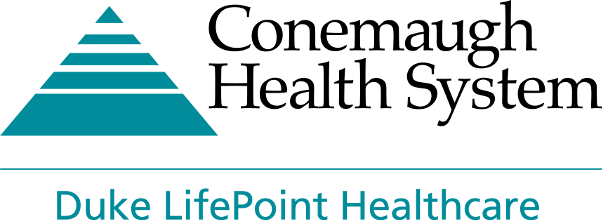Parkinson's Disease
As many as one million Americans have been diagnosed with Parkinson’s Disease (PD), a progressive and chronic condition that affects the brain’s ability to control body movements. Hundreds of thousands more are living with tremors, dystonia and other movement disorders.
Symptoms and Warning Signs
Parkinson’s Disease and other movement disorders tend to affect older adults, with symptoms often appearing around 60 years of age. Initial symptoms are often shrugged off as part of the natural aging process, making the disease difficult to diagnose.
- Tremors while resting
- Joint stiffness similar to arthritis
- Balance problems
- Changes in the way you walk, such as decreasing your arm swing or increased shuffling
- Speech difficulties
Diagnosis
Parkinson’s Disease, essential tremors, hemifacial spasms, dystonia and other movement disorders cannot always be diagnosed through advanced technology or even blood work. Conemaugh specialists analyze health history, the results of past scans or MRIs, and how the patient has responded to other treatments. Additional tests, such as MRIs or CT scans may be requested.
Non-Surgical Treatment
- Medications to help restore the brain’s dopamine levels and reduce symptoms
- Coordinated care provided by licensed balance, physical, occupational and speech therapists to help regain and strengthen body control
- Therapies including yoga, massage, or aquatic therapy
Parkinson's Disease Support Group
Parkinson's Disease is a disorder of the central nervous system that involves primarily a degeneration of specific nerve cells deep in the area of the brain. These cells make the neurochemical dopamine. Dopamine is responsible for messages in the brain that control normal movement. When there is no dopamine, the end result is stiffness, and tremor and balance problems. Treatment varies from person to person and focuses on symptom management. Goals of this group include offering friendship, support, and encouragement to Parkinson's patients and caregivers; educational information; and providing a warm, supportive atmosphere.
Meets the third Wednesday of each month
2:30 - 4:00 p.m.
Conemaugh East Hills Outpatient Center
First Floor, Community Room 132
1450 Scalp Avenue, Johnstown, PA 15904
For more information, call (814) 269-5241.
Conemaugh Neuroscience and Pain Institute
Conemaugh East Hills Outpatient Center
1450 Scalp Avenue, Second Floor
Johnstown, PA 15904
Phone: (814) 269-5061
